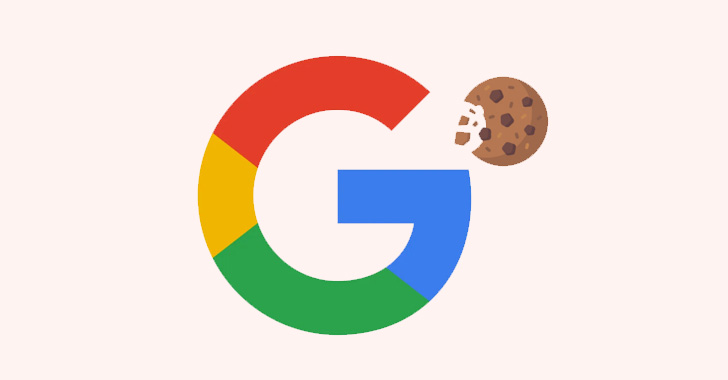Google Delays Blocking 3rd-Party Cookies In Chrome Browser Until 2024
Google on Wednesday said it's once again delaying its plans to turn off third-party cookies in the Chrome web browser from late 2023 to the second half of 2024.
"The most consistent feedback we've received is the need for more time to evaluate and test the new Privacy Sandbox technologies before deprecating third-party cookies in Chrome," Anthony Chavez, vice president of Privacy Sandbox, said.
In keeping this in mind, the internet and ad tech giant said it's taking a "deliberate approach" and extending the testing window for its ongoing Privacy Sandbox initiatives prior to phasing out third-party cookies.
Privacy Sandbox is Google's umbrella term for a set of technologies that aim to improve users' privacy across the web and Android by limiting cross-site and cross-app tracking and offering improved, safer alternatives to serve interest-based ads.
While Google had originally planned to roll out the feature in early 2022, it revised the timeline in June 2021, pushing its proposal to transition from third-party cookies over a three-month period, starting in mid-2023 and ending in late 2023.
"It's become clear that more time is needed across the ecosystem to get this right," the company noted at the time.
The second extension comes as Google announced Topics API as a replacement for FLoC (short for Federated Learning of Cohorts) in January 2022, following it up with a developer preview of Privacy Sandbox for Android in May.
In February 2022, the U.K. Competition and Markets Authority (CMA) formally accepted commitments from Google over how it develops the technology, pointing out the need to develop Privacy Sandbox such that it promotes competition and supports publishers to raise revenue from ads while also safeguarding consumer privacy.
Under the new plan, Privacy Sandbox trials are expected to be expanded to users globally next month, with the number of users included in the tests ramped up throughout the rest of the year and into 2023.
Google also emphasized that users will be shown a prompt to manage their participation, adding it intends to make the APIs generally available by Q3 2023, with third-party cookie support tentatively dropped in H2 2024.
The CMA, for its part, acknowledged today that it's aware of "alternative proposals being developed by third-parties," and that it's "working with the [Information Commissioner's Office] to better understand their viability and likely impacts."
Source: thehackernews.com
 Reviewed by Zion3R
on
8:09 AM
Rating:
Reviewed by Zion3R
on
8:09 AM
Rating:









